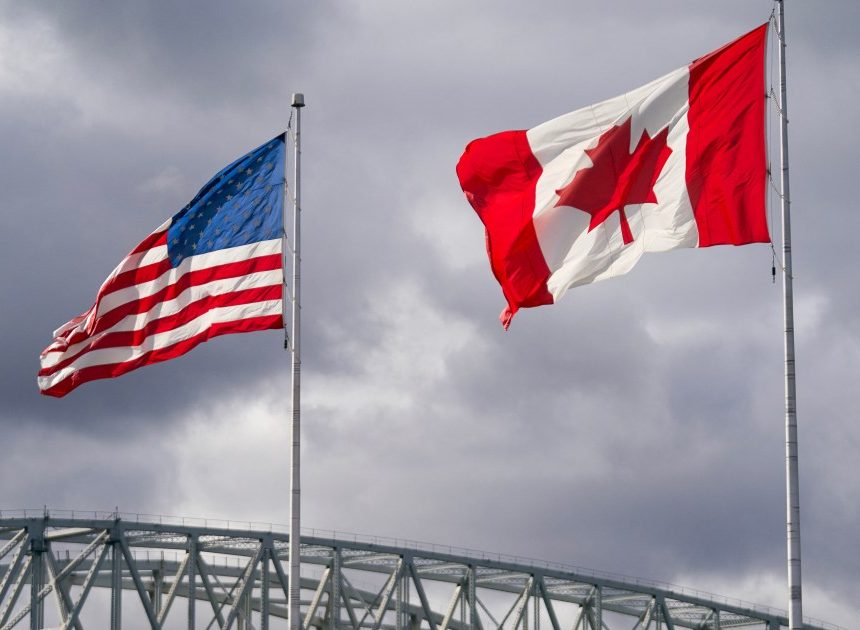GPs in England are missing a trick (GPs in England threaten action over online appointment booking plan, 29 September). The point about non-urgent GP appointments is that they do not need triage – if a patient wants to see a primary care clinician for a routine concern, they can do so, whatever the issue.
The number of routine slots available remains the same, and allowing people to book them online will reduce, not increase, workload by freeing up reception staff for other admin tasks, and making it easier to get through on the phone for urgent appointments. It’s urgent requests, not routine ones, that need triage.
The big problem in primary care is the mismatch between demand and capacity, not how appointments are booked. Health policy interventions by the government that make sense are an extremely rare thing. This is one of them.
Martin Giebner
Advanced nurse practitioner, Duns, Scottish Borders
I have no fears of online GP appointment booking via triage as my practice adopted it a while ago. The practice graduated from a telephone “care navigator” system, which worked well, to the current online method. Via both routes, my experience has been exceptional, with responses sometimes within 90 minutes, and directions to attend the same day to see a GP or advanced practitioner, to receive a prescription at my local pharmacy, or to get advice via text or telephone. Initial access by phone still exists for those unable to use the new method.
The online system creates better-targeted appointments, which surely means that an appropriate number of doctors can be reallocated to service the triage system. The use of emotive language by the British Medical Association such as “tsunami” and “barrage” in anticipating the effect of online booking is not helpful or accurate. Robust patient education and support will help more.
Jonathan Hauxwell
Cross Hills, North Yorkshire


